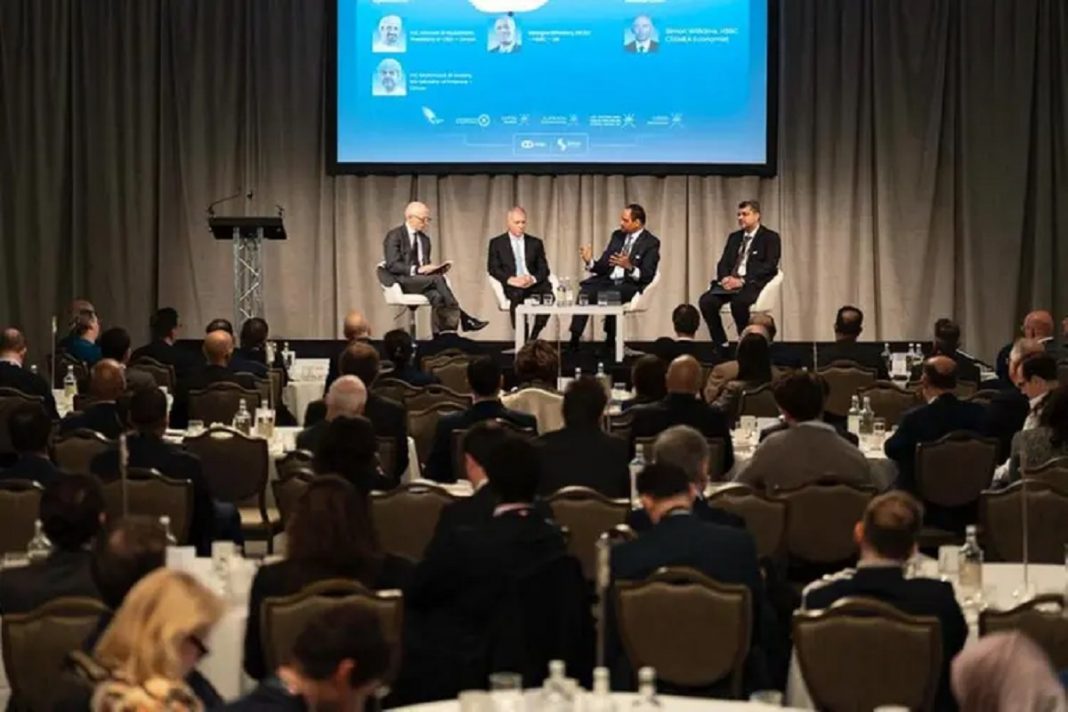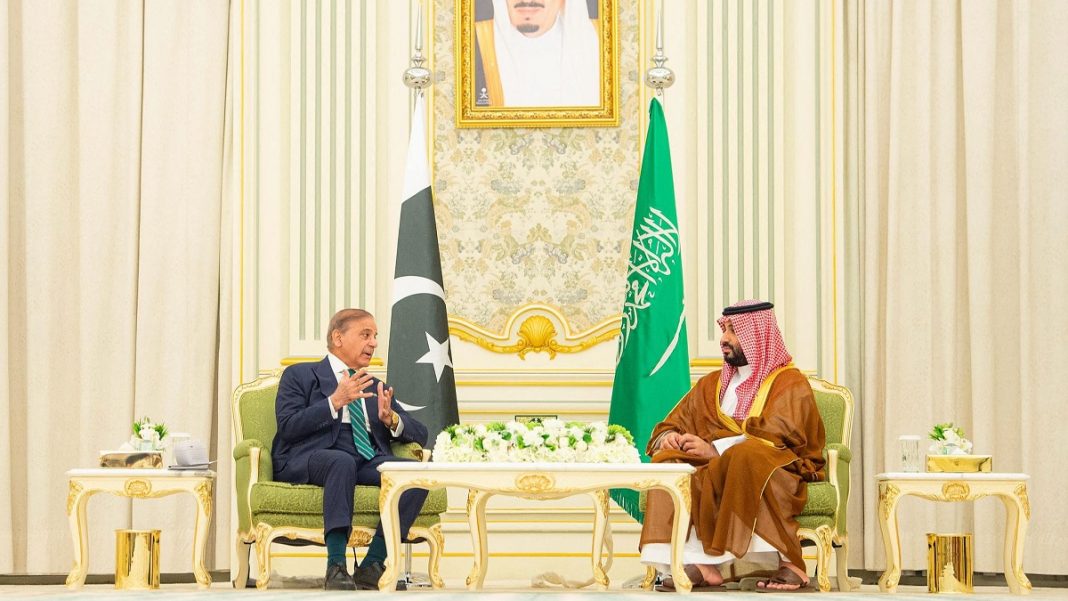Gabriel G Tabarani
Like many resource-dependent economies, Oman stands at a crossroads between its oil-rich past and a future defined by innovation and diversification. The launch of Future Fund Oman (FFO) under the Oman Investment Authority (OIA) in 2024 marked a clear signal of intent: the Sultanate is determined to build a post-oil economy anchored in knowledge, technology, and sustainable growth.
But beyond the fanfare of new funding and investment pledges lies a more complex question — can the Fund truly reshape Oman’s economic foundations, or will it remain another well-meaning but limited diversification vehicle?
With OMR 2 billion (About5,201,642,000 US Dollars) in capital to be deployed over five years, the FFO’s mission is ambitious. It aims to channel investment into sectors that represent the “new economy”: renewable energy, ICT, manufacturing, logistics, tourism, agriculture, and fisheries. These are industries expected to sustain growth once hydrocarbons inevitably decline. The strategy is fully aligned with “Oman Vision 2040”, which calls for a productive, competitive economy led by the private sector rather than the state.
The Fund’s early record is impressive. In its first year, it approved 44 projects worth OMR 1.2 billion (about 3,120,985,200 US Dollars), attracting OMR 885 million (about 2,301,726,585 US Dollars) in foreign direct investment. Its flagship project — the United Solar Polysilicon Plant in Sohar — is a $1.6 billion facility designed to produce 100,000 tonnes of polysilicon annually using local silica. This venture not only positions Oman as part of the global solar supply chain but also symbolizes the country’s pivot from exporting raw materials to manufacturing value-added industrial products.
Yet the real test for FFO will not be in signing deals, but in turning investments into transformation. Funding alone cannot guarantee success if the underlying business environment remains constrained. The challenge is structural: to create a regulatory, financial, and educational ecosystem that enables new industries to thrive. Without reforms in bureaucratic efficiency, labor skills, and capital access, even the most promising projects may struggle to deliver long-term impact.
Another dimension of FFO’s mission is its commitment to small and medium-sized enterprises (SMEs) and venture capital. Around 10% of its total capital has been earmarked for these segments — a welcome move in a market where over 90% of businesses are SMEs but many still lack financing. By working with fund managers such as Tanmia, ITHCA, Omantel, and Cyfr Capital, the Fund is helping to build a start-up ecosystem centered on fintech, artificial intelligence, and agritech innovation. Still, the challenge lies in ensuring that such funding translates into scalable, sustainable businesses rather than short-term pilot ventures.
Governance is one of the Fund’s strongest assets. Decisions are reviewed by independent committees from the OIA and the Ministry of Finance, with clear response timelines — an initial reply within ten working days and final approval within sixty-five. This level of procedural discipline reflects a broader effort by Oman to enhance investor confidence through regulatory modernization. Recent reforms — including the Foreign Capital Investment Law (2020), the Securities Law (2022), and the Central Platform for Investor Services (2024) — are building a more transparent, investor-friendly framework that aligns with global standards.
The Fund’s social and economic goals are equally ambitious. Its portfolio aims to generate more than 1,600 direct jobs over five years and raise the share of Omani nationals in key industries to 70% by 2030. This focus on localization is vital, especially in sectors such as renewable energy and ICT, which require advanced skills. However, international experience shows that such objectives succeed only when backed by long-term education and workforce strategies. Job creation must go hand in hand with capacity building if Oman’s transition is to be sustainable.
International partnerships form another cornerstone of FFO’s approach. Collaboration with China’s IDG Capital and ewpartners, alongside forthcoming ventures in India and Europe, demonstrates a clear intent to attract both capital and know-how. This strategy reinforces Oman’s role as a bridge between East and West — a role consistent with its historical identity as a trading nation. However, it also demands careful management to ensure that foreign partnerships complement national priorities rather than dominate them.
For all its promise, Oman’s Future Fund faces several unanswered questions. Can five years of concentrated investment truly redefine a decades-old, oil-dependent economy? Will the private sector be ready to assume the leadership role envisioned by Vision 2040? And can the Fund maintain operational independence amid inevitable political and bureaucratic pressures?
These questions do not diminish the Fund’s importance — they underscore it. FFO is not merely a pool of capital; it is a test of institutional maturity. Its success will be measured less by the money it disburses than by the culture of investment and accountability it helps to instill. If it can inspire new standards of governance, efficiency, and innovation, it will leave a legacy that extends far beyond balance sheets.
In many ways, FFO embodies Oman’s broader national dilemma: how to reconcile ambition with realism. The Sultanate has shown determination in embracing reform and in acknowledging that its future prosperity depends on more than hydrocarbons. The real measure of success will be whether it can sustain that commitment — not only through funding projects but through the difficult, patient work of building institutions and trust.
If the Fund can strike that balance, it may become far more than an investment vehicle. It could emerge as the cornerstone of a new Omani economic model, one defined not by the wealth beneath its soil, but by the vision, discipline, and ingenuity of its people.
- This article was written on the occasion of the “Oman Investment Forum 2025,” which was held in London on the 21st of this month. Senior financial and economic officials from Oman and Britain participated in the forum, and I was among those invited to attend.
This article was originally published in Arabic on the Asswak Al-Arab website


